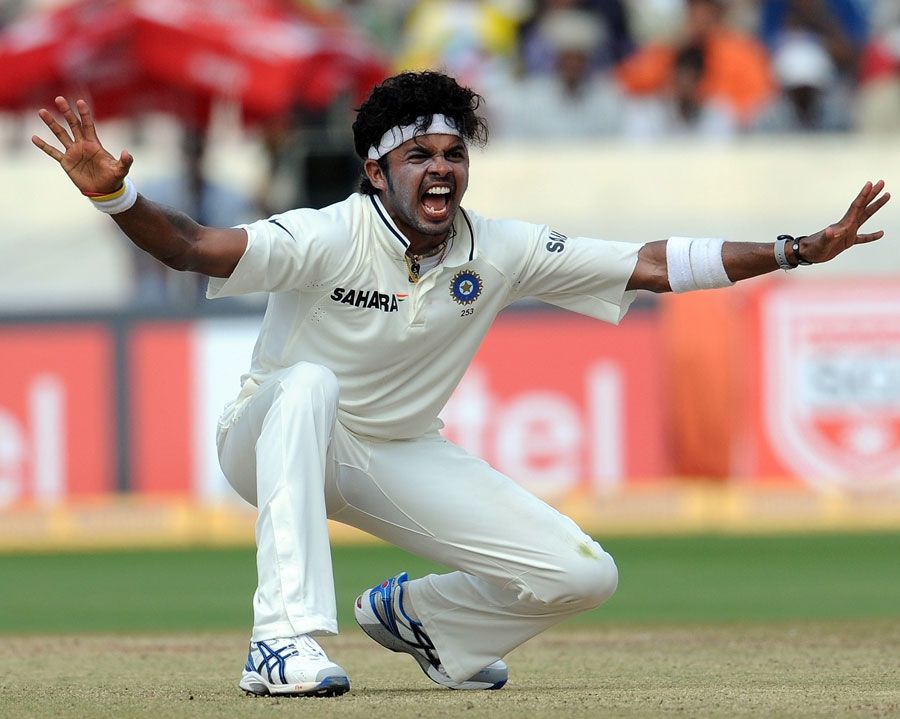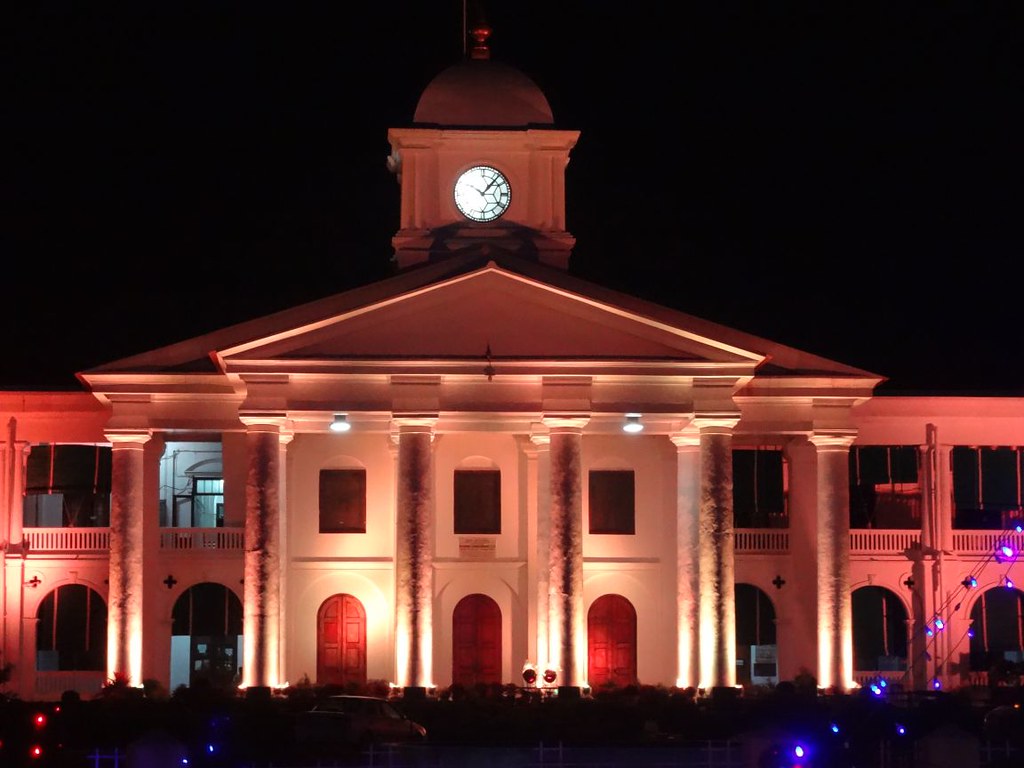Kerala government is going to bring in a new and stringent law to deal with increasing organised criminal activities; such as drug trafficking, smuggling, looting and extortion. The new law gives special powers to the police to probe into crimes. In fact, it is similar to the Maharashtra Control of Organised Crime Act (MCOCA) 1999.
According to a statement of officials in the state home department, the Law Department has already made the draft of the new legislation, and are making adjustments to it. State police chief Loknath Behera further said that the activities of organised crime rackets are a major cause for worry. That the state needed a stringent law to handle the situation.
“We’ve given necessary inputs for drafting the law, which is necessary; because the existing legal framework is inadequate to curb or control the menace of organised crime,”
-he said.
About MCOCA
The State of Maharashta enacted the Maharashtra Control of Organised Crime Act, 1999 to combat organised crime and terrorism. The Act provides the State Government with special powers to tackle these issues. Including powers of surveillance, relaxed evidentiary standards and procedural safeguards, and prescribing additional criminal penalties, including the death penalty.
As a matter of fact, a coalition government of the Bharatiya Janata Party and Shiv Sena introduced the law. It applies to the entire State of Maharashtra. Moreover, Union Home Ministry extended the applicability of MCOCA to the National Capital Territory of Delhi as well. This was done through a notification dated 2 January 2002. Also, it overrides all other Indian laws, and will prevail over any Indian law that conflicts with the provisions that MCOCA contains.
Statement Of Reason Behind MCOCA
Explicitly, the Statement of Object and Reasons that prefaces MCOCA identifies organised crime as a threat, linking it to terrorist activity and noting the economic impact of illegal wealth and black money on the state’s economy.
The Statement of Objects and Reasons further notes, “the existing legal framework, i.e. the penal and procedural laws and the adjudicatory system, are found to be rather inadequate to curb or control the menace of organised crime. Government has, therefore, decided to enact a special law with stringent and deterrent provisions including in certain circumstances power to intercept wire, electronic or oral communication to control the menace of organised crime.“
Related Legislation
Following the enactment of COCA in Maharashtra, a number of Indian states have enacted similar or identical legislation. These include the Karnataka Control of Organised Crime Act (KCOCA) and a similar law in Andhra Pradesh which was of a limited duration and expired in 2004. Other states have also attempted to enact parallel legislation, including Rajasthan, and Madhya Pradesh. However, these bills failed to gain presidential assent and consequently were not enacted.
In 2019, the Haryana State Legislature cleared a MCOCA-like bill to tackle organised crime. Similarly, in the same year, the Gujarat State Legislature received presidential assent for the controversial Gujarat Control of Organised Crime Act. However, this act too failed to receive presidential assent on three prior occasions.
MCOCA has also served as a model for national legislation. As a matter of fact, the Parliament invoked it as an example during discussions; on the Prevention of Terrorism Act (later repealed).
Definitions Under MCOCA
MCOCA defines ‘organised crime‘ as
- any continuing unlawful activity by an individual, singly or jointly,
- either as a member of an organised crime syndicate or on behalf of such syndicate,
- by use of violence or threat of violence or intimidation or coercion, or other unlawful means,
- with the objective of gaining pecuniary benefits,
- or gaining undue economic or other advantage for himself or any person or promoting insurgency.”
- Further it defines an ‘organised crime syndicate‘ as consisting of two or more persons who singly or collectively engage in organised crime.
Presumption of Guilt under MCOCA
Most importantly, if a person is found in possession of arms and weapons; presumingly used in committing an offence or if their fingerprints are found at a scene of a crime MCOCA Special Courts are permitted to assume that they are guilty of committing that crime. MCOCA Special Courts can also presume guilt for an offence if a person provides financial aid to anyone else who committed an offence under MCOCA. Therefore, it reverses the ‘innocent until proved guilty’. In other words, it transferred the burden of proof of innocence to the person accused.
Notable Cases of Prosecution under MCOCA

In 2013, the Delhi Police invoked MCOCA against cricketers S. Sreesanth, Ajit Chandila, and Ankeet Chavan, amongst others, in connection with the 2013 IPL spot-fixing and betting case. However, in 2015, the court dropped charges against them on grounds of insufficient evidence.
Earlier, MCOCA was invoked against the accused in the 29 September 2008 western India bombings. the accused included Pragya Singh Thakur (a Member of Parliament for the Bharatiya Janata Party), Prasad Purohit, and others. Nonetheless, in 2017, a Special Court dropped the charges concerning MCOCA.
Whereas, in 2016, the police used MCOCA provisions to charge gangster and drug trafficker Chhota Rajan; in connection with the murder of journalist Jyotirmay Dey.

